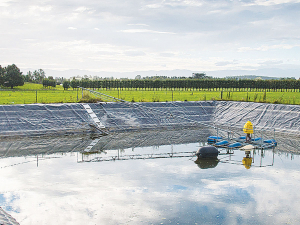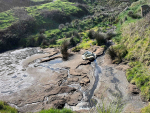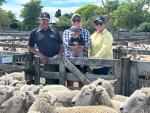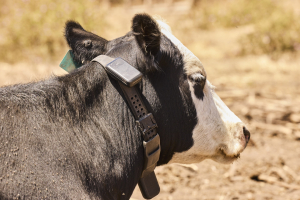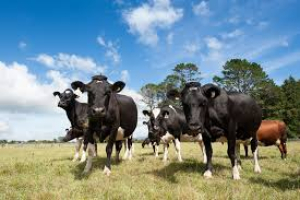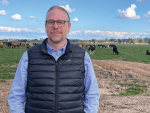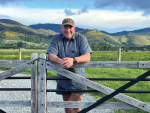Effluent is now an even more valuable resource, for its nutrient value continues to increase as fertiliser prices rise, says the Waikato Regional Council.
Therefore farmers should treat effluent as a fertiliser.
However, it needs to be managed with care because it is not a balanced fertiliser, being very high in potassium, it adds.
"This can lead to higher leaching levels of magnesium and subsequent animal health problems if potassium soil test levels are high.
"You can manage this risk by increasing the effluent area or by making silage on the effluent area and feeding it out on non-effluent areas of the farm."
Applying shed effluent at light rates will ensure stock feed intakes are not adversely affected.
Managing effluent is also necessary for the health of our waterways and groundwater, so knowing the regional council's rules for effluent management is important.
Under the Waikato Regional Plan you cannot exceed 25mm per application and 150kg of nitrogen from effluent per hectare per year.
"So you need to know how much your irrigator is applying and how concentrated your effluent is," it says.
Effluent must not discharge into surface water or contaminate groundwater. Having the capacity to store effluent before it is applied to land means effluent doesn't have to be applied during wet periods when the risk of surface ponding and run off is high.
This substantially reduces the risk of overflows to surface water and plant nutrient uptake is maximised.

